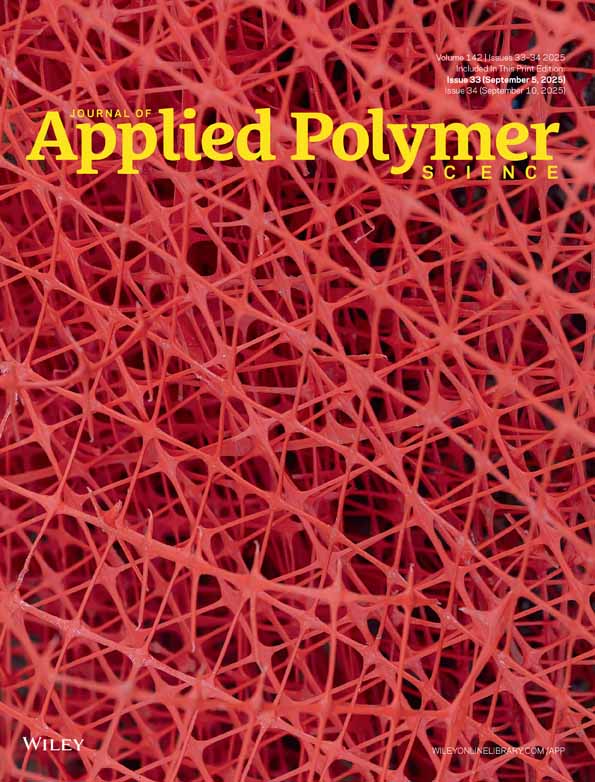Deposition of silicon oxide hard coatings by low-temperature radio-frequency plasmas
Abstract
In this study, the deposition of silicon oxide (SiOx) hard coatings on polycarbonate (PC) substrates was attempted with low-temperature radio-frequency (RF) plasmas from tetramethyldisiloxane (TMDSO) with the addition of oxygen. The coating uniformity and deposition rate were investigated in terms of substrate size, glow uniformity, and RF power input. The hardness of the resulting SiOx plasma coatings was examined by the ASTM pencil hardness test method. The hardness of the resulting SiOx plasma coatings was mainly determined by the TMDSO–O2 ratio in the plasma gas mixture. Ultraviolet–visible transmission spectra showed that these plasma coatings were transparent in the visible light region. Fourier transform infrared–attenuated total reflection analysis results indicated that the resulting SiOx plasma coatings were inorganic in nature. The interfacial adhesion, which is a common problem in the deposition of hard protective coatings on polymeric substrates, was also significantly improved by the deposition of an ultrathin plasma polymer interlayer from TMDSO before the deposition of the SiOx plasma coatings on the PC substrates. © 2009 Wiley Periodicals, Inc. J Appl Polym Sci, 2010




